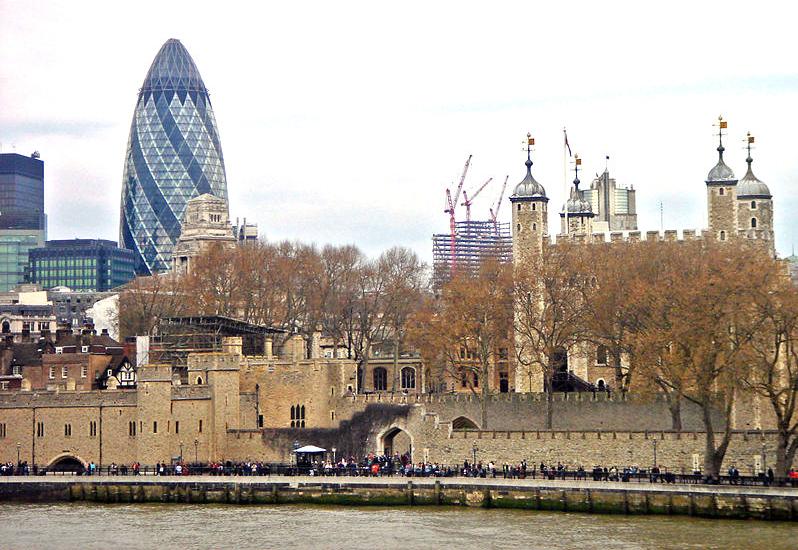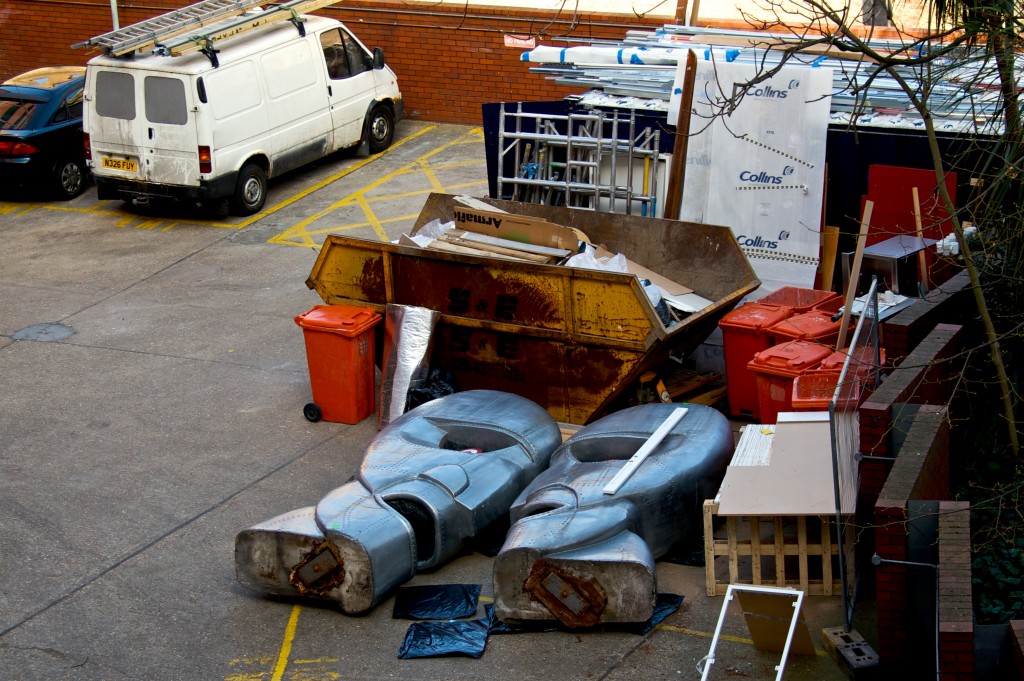Even the most streamlined and environmentally conscious of businesses produce a certain amount of waste. On a week-to-week basis you might have regular collections or disposal procedures in place to deal with the inevitable rubbish your business produces.
Equally, there are times when a large amount of junk appears to accrue literally in one go. Sometimes the circumstances in which these ‘junk piles’ are created are predictable.
Moving premises or refurbishing existing ones, refitting workshops and clearing out warehouses are all likely to produce an excess of junk that cannot be dealt with via your regular weekly or daily waste disposal arrangements.
So if you are faced with a large-scale waste removal problem, what options should you consider as a business?
Remove it yourself
If you run a small business you might decide to get rid of your junk yourself to do your bit to clean up Britain. This may seem a sensible solution, especially if budgets are tight. Any savings to be made might be less than you think, however. When you factor in the time in man-hours for any such undertaking, it might even cost you more to do it yourself.
Removing rubbish can involve the expense of hiring a suitable vehicle or making several trips in a car or small van, adding to fuel costs, valuable time and often other expenses such as congestion charges. There are fees to be paid when you dump any kind of business waste and waste will often have to be sorted and disposed of depending on its type.
And, of course, you have to do the work yourself. If there are particularly heavy or bulky items involved, or you have to negotiate stairs, tight corners and other obstacles, it can be even trickier.
If you rope in employees, there may also be issues to do with health and safety. Additionally, there is usually something better for you and your employees to be getting on with, such as running the actual business!
Skip hire
Skip hire might seem like a suitable solution in some cases but there are some disadvantages to this option. As with removing the rubbish yourself, there’s still a lot of work in filling a skip.
You won’t have to remove the rubbish of course, but you will have to fill the actual skip. If you lack a yard or similar space, or have limited access to your premises, this can also be problematic.
A skip permit must be sought from the local authority for any skip placed on a public road, path or verge and approval may depend on a number of different factors such as location, safety and accessibility issues. Once it is placed, a skip can be both unsightly and inconvenient, particularly if it’s located at the front of your premises.
Skips come in predetermined sizes and can be inefficient in their use of space if you have bulky, irregularly sized items. This can create yet more work in breaking items down. With a fixed load size you could end up paying for space you don’t use or, if you underestimate the volume of your junk, you might have to hire a second skip or end up with rubbish left over.
There are also a number of items that you can’t put in skips including large appliances like fridges, freezers and televisions, tyres, liquids, batteries and large amounts of plasterboard.
Waste removal services
Hiring professional waste removal experts removes the element of hard work from clearing out your premises. Every clearance job is different but you’ll only pay for the volume of junk removed and the labour involved.
By using a professional office clearance service in London, or your local areas, you can rest assured that the waste will be cleared professionally and in accordance with regulations.
There are a number of issues arising from commercial waste removal. One is working around your business’s schedule and causing the minimum amount of disruption to your working day. Another is disposing of junk responsibly. Many electrical items are subject to strict disposal regulations, which are generally known as Waste Electricals and Electronic Equipment or WEEE.
All rubbish to be disposed of should also be sorted so that as much of it as possible can be recycled. Some paper and electronic data storage waste may be confidential and will need to be disposed of in a suitable fashion.
Waste removal professionals are aware of these issues and will agree a methodology to suit you and comply with all relevant regulations. They will also be experienced with removing awkward and bulky items and dealing with tight spaces.
Whether you have large items of furniture and office fittings, old manufacturing equipment, fittings such as curtains, carpets and blinds or office partitions and ceilings, professional waste removal services can get the job done with a minimum of disruption and a maximum of efficiency.








